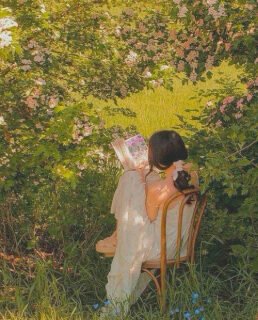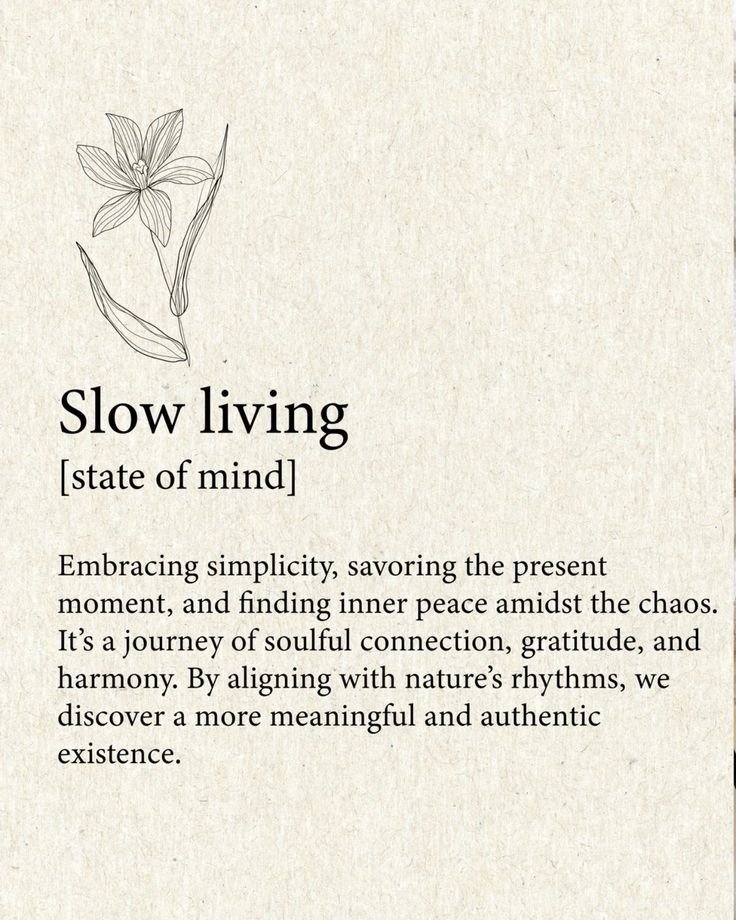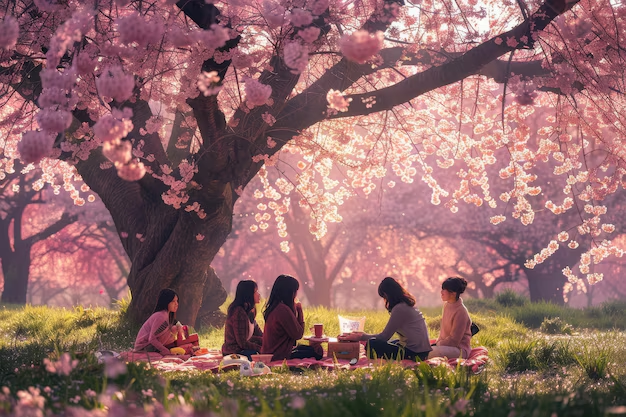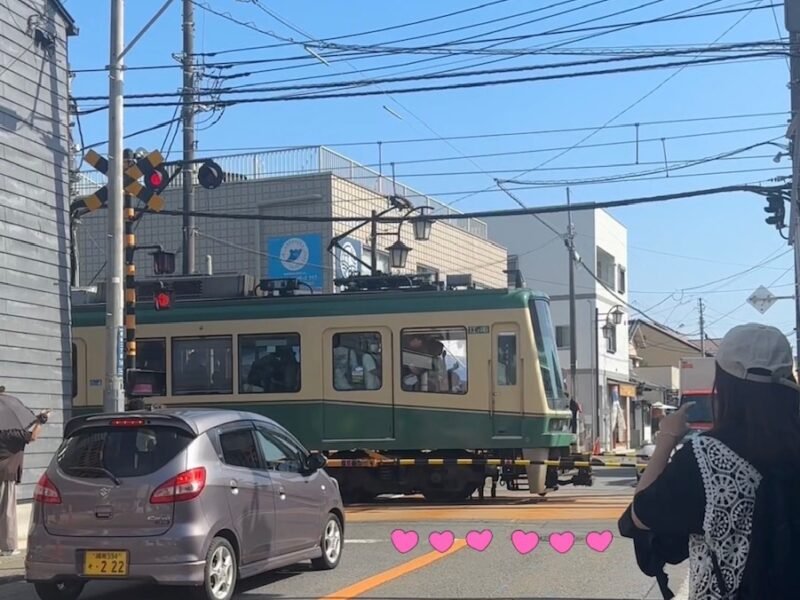Even though I have never been to Japan, its culture has already begun to inspire me in shaping how I live my everyday life.
Ma (間)
Wabi-Sabi (侘寂)
Ichigo Ichie (一期一会)
Hara Hachi Bu (腹八分目)
It began with me reading the books: Ikigai & Wabi-Sabi, shown below.
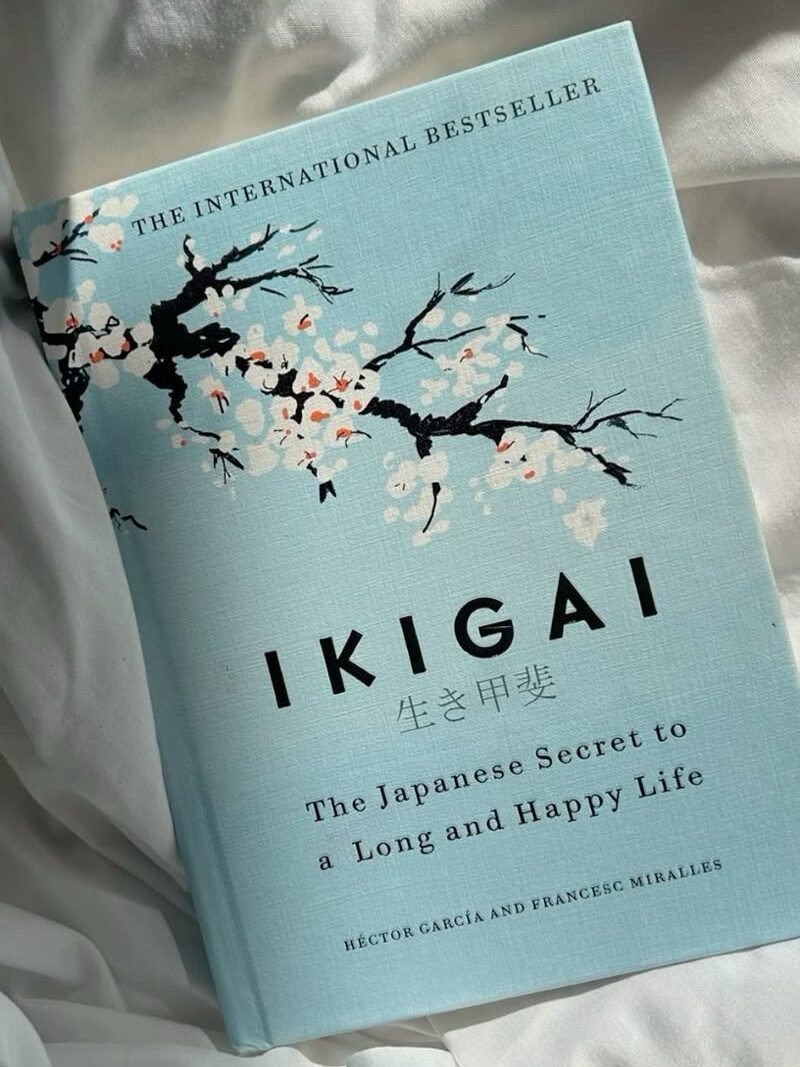
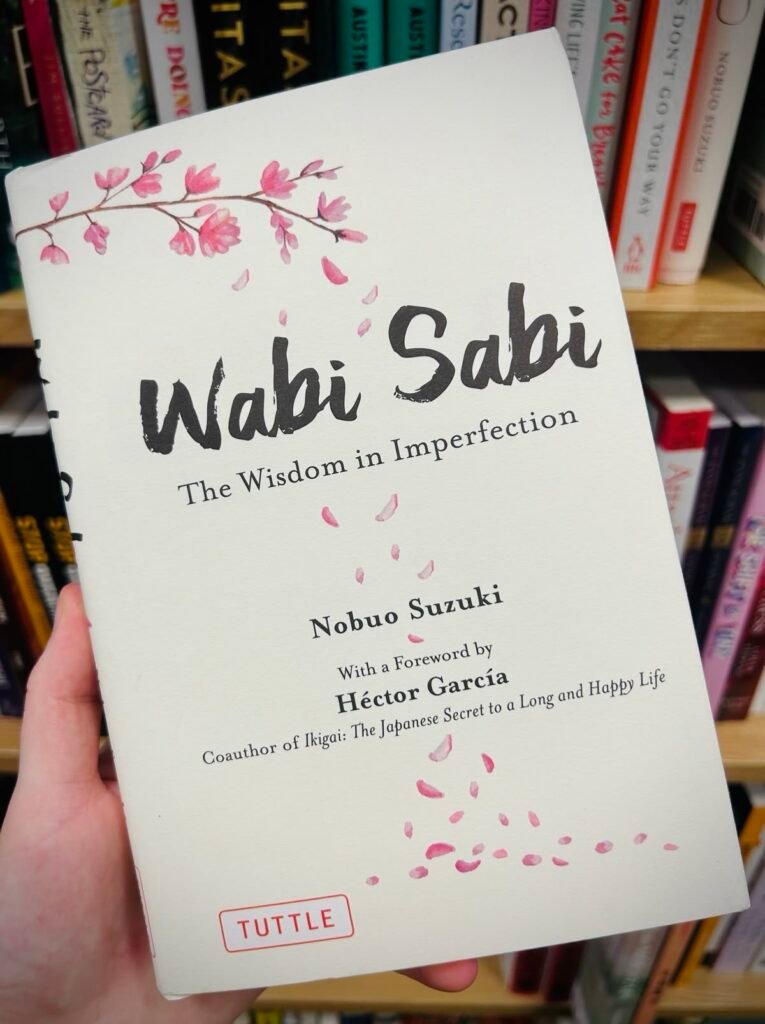
These books opened my eyes to a new perspective on both perfectionism and doing what you love. I didn’t realize it at first but I began making small changes to the way I thought about my life. What intersects with what I love, what I’m good at, and what I can make money with?
What’s the point in trying to make everything so perfect? (spoiler – there is none).
The small, quiet moments are what made the more change in my life. The way I move through my day. The way I sit in stillness. The way I eat. These weren’t just habits I picked up, but values I started to feel connected to.
There’s a kind of intentionality and softness in so many aspects of Japanese life that deeply resonate with me. It reminds me that life doesn’t have to be perfect to be meaningful.
Here are four Japanese principles that have help me live more internationally:
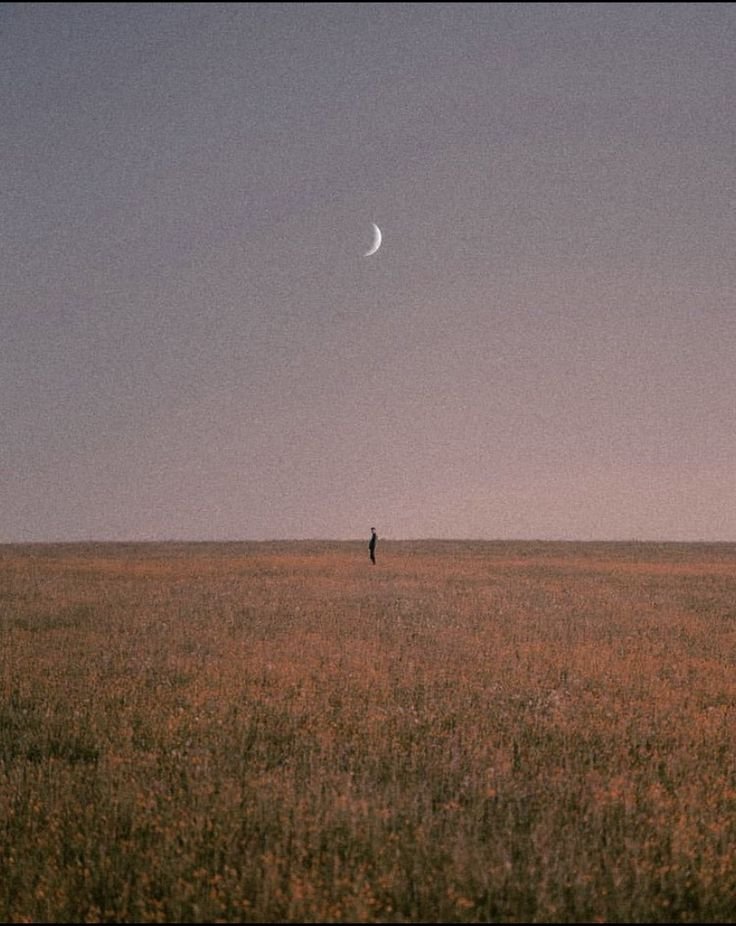
間
Ma
“The space in between”
Ma refers to the empty space — the pause between notes in a song, the silence in a conversation, the stillness between movements. In a culture that often glorifies constant doing, ma honors not-doing.
This has been so powerful for me. I’ve realized how uncomfortable I used to be with stillness. If I wasn’t being productive, I felt like I was falling behind. But the more I embrace ma, the more I realize that space is where everything meaningful grows.
Now, I intentionally build more space into my life. I don’t always fill every minute. I walk without headphones. I sit without needing a distraction. I pause.
It’s in those quiet gaps that I reconnect with my true self. Where clarity rises and my mind feels like it can breathe again.
Ma reminds me: stillness isn’t emptiness. It’s presence.
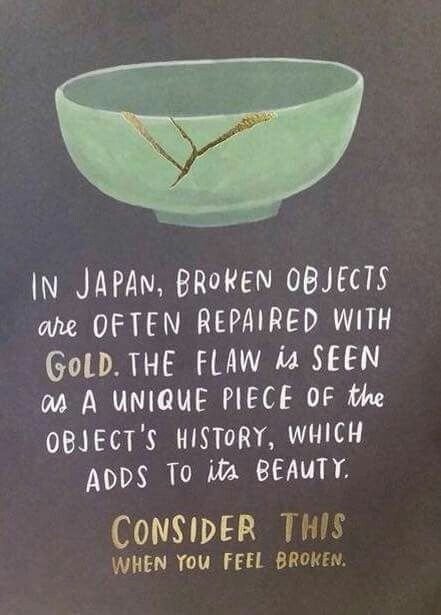
侘寂
Wabi-Sabi
“Beauty in imperfection and impermanence”
Wabi-sabi has been one of the most healing philosophies I’ve ever encountered. At its heart, it’s about embracing the natural imperfections of life. Something I have really struggled with embedding into my own belief system. Ever since I was a kid I have always strived for “perfect”. But learning about how Japanese culture embraces this imperfection, I have shifted my thoughts to align with this concept.
I used to feel like everything had to be just right in order to feel okay. I thought healing meant reaching some final, polished version of myself. But that mindset only made me more anxious and hard on myself.
Wabi-sabi teaches that nothing is ever finished, perfect, or permanent. That’s where true beauty lies.
Now, when I catch myself trying to control every little thing — my appearance, my routine, my emotions — I gently remind myself: let it be a little messy. Let the growth show. Let the imperfections shine through. I now view them as what makes something special and unique, rather than something that needs fixing.
Perfection isn’t where peace lives. Peace lives in the present moment and in knowing the present moment is exactly what it needs to be.
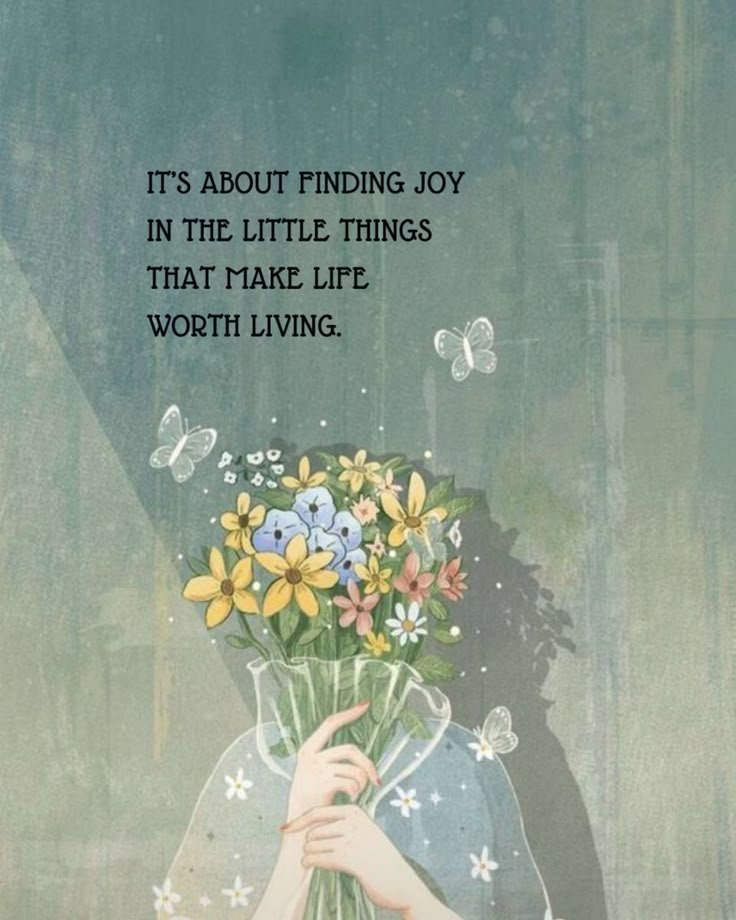
一期一会
Ichigo Ichie
“One time, one meeting”
Ichigo ichie is the idea that every moment is unrepeatable. No two meetings, meals, or conversations will ever happen the same way twice. It’s a call to presence.
This concept shifted something in me. It made me want to show up more — not just physically, but energetically. I used to rush through every single thing just to get to the next or wait for something more exciting to come along. everything used to feel so urgent in my life and as if I could never keep up. But now, I try to see even the most ordinary moments as something special.
A walk with my dog.
A shared cup of tea.
A simple smile to a stranger.
These moments might seem small, but they’ll never happen again in quite the same way. That awareness makes me softer, more open, more grateful.
Ichigo ichie has helped me slow down and really be with what is going on right now instead of always chasing what’s next.
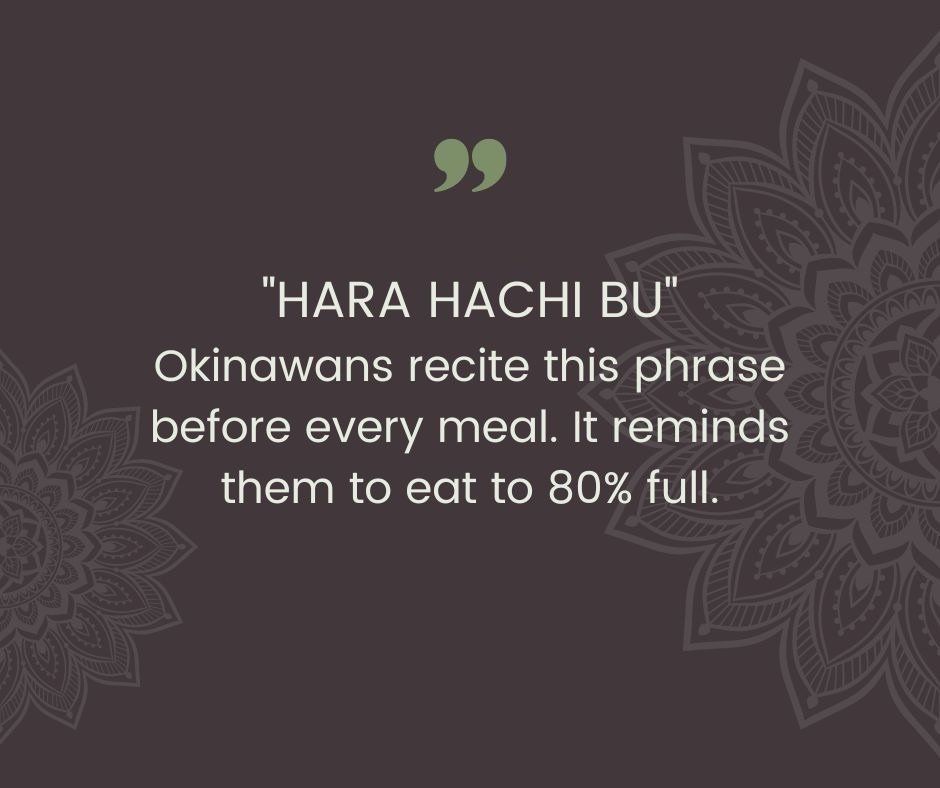
腹八分目
Hara Hachi Bu
“Eat until you’re 80% full”
Hara hachi bu is a principle from Okinawan culture that encourages eating only until you’re 80% full. On the surface, it’s a practice of moderation, but it’s really about listening. Listening to your body, to your energy, and to what’s enough.
Before I learned about this, I often felt disconnected from my fullness cues. I would eat because it was there, because I was bored, or because I didn’t want to “waste” food. But this mindset eventually led me to feeling heavy, tired, and mentally clouded.
The more I honor the 80% mark, the better I feel. It naturally shifted more than just how I ate. It helped me become more aware of how I consume in general. How much media I take in, how much I schedule my days, how often I push myself past my own boundaries.
There’s a quiet power in leaving space — in not filling yourself to the brim. I’ve come to learn that fullness is not about excess, but about enoughness.
Each of these Japanese principles has gently guided me to live with more intention, presence, and peace. They’ve helped me trust that I don’t need to rush or perfect my way through life. I just need to be here with whatever’s unfolding and continue to trust the universe.
As I continue to prepare for my move to Japan, I feel a deep sense of alignment knowing that these values already live within me.
Let me know if any of these principles speak to you too! I’d love to hear how you’re bringing intentionality into your life. ⟡₊ ⊹☾
